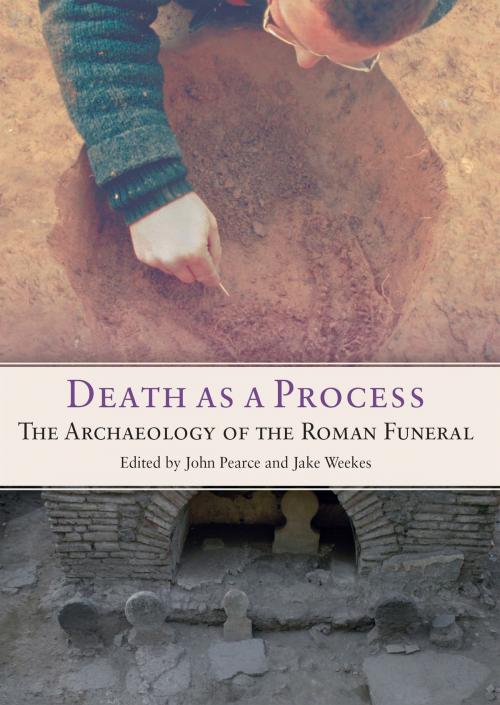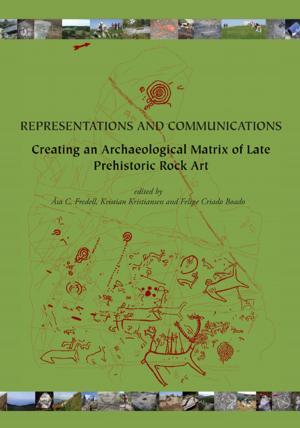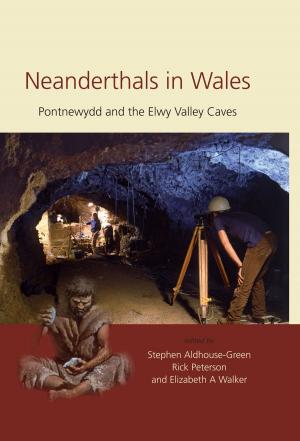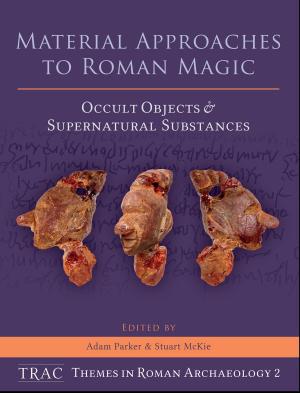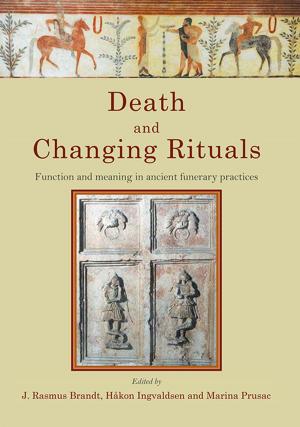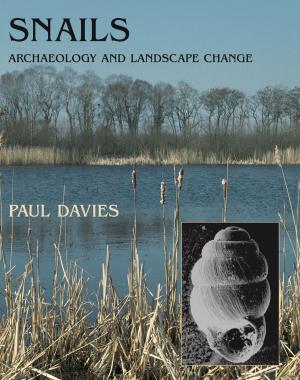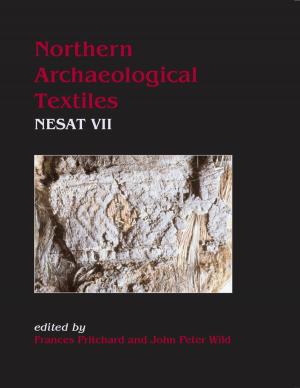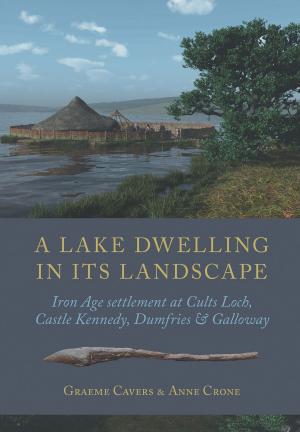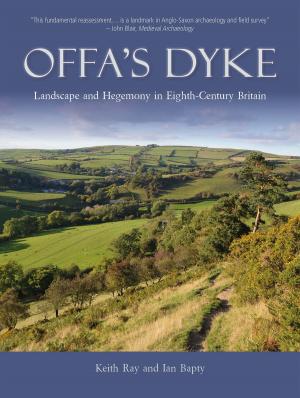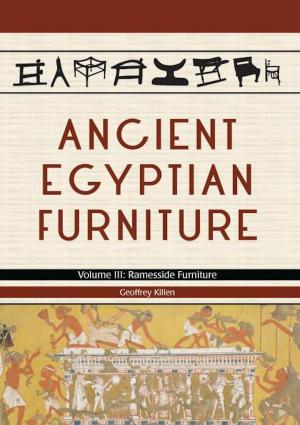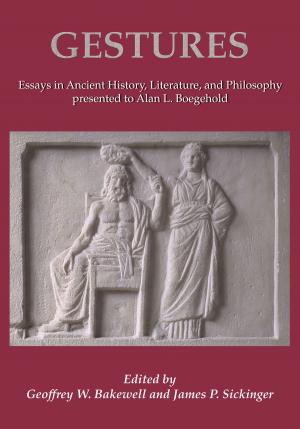Death as a Process
The Archaeology of the Roman Funeral
Nonfiction, Social & Cultural Studies, Social Science, Archaeology, History, Ancient History, Rome, British| Author: | John Pearce, Jake Weekes | ISBN: | 9781785703249 |
| Publisher: | Oxbow Books | Publication: | May 31, 2017 |
| Imprint: | Oxbow Books | Language: | English |
| Author: | John Pearce, Jake Weekes |
| ISBN: | 9781785703249 |
| Publisher: | Oxbow Books |
| Publication: | May 31, 2017 |
| Imprint: | Oxbow Books |
| Language: | English |
The study of funerary practice has become one of the most exciting and rapidly developing areas of Roman archaeology in recent decades. This volume draws on large-scale fieldwork from across Europe, methodological advances and conceptual innovations to explore new insights from analysis of the Roman dead, concerning both the rituals which saw them to their tombs and the communities who buried them. In particular the volume seeks to establish how the ritual sequence, from laying out the dead to the pyre and tomb, and from placing the dead in the earth to the return of the living to commemorate them, may be studied from archaeological evidence. Contributors examine the rites regularly practised by town and country folk from the shores of the Mediterranean to the English Channel, as well as exceptional circumstances, as in the aftermath of the Varian disaster in Augustan Germany. Case studies span a cross-section of Roman society, from the cosmopolitan merchants of Corinth to salt pan workers at Rome and the rural poor of Britannia and Germania. Some papers have a methodological focus, considering how human skeletal, faunal and plant remains illuminate the dead themselves and death rituals, while others examine how to interpret the stratigraphic signatures of the rituals practised before, around and after burial. Adapting anthropological models, other papers develop interpretive perspectives on the funerary sequences which can thus be reconstructed and explore the sensory dimensions of burying and commemorating the dead. Through these varied approaches the volume aims to demonstrate and develop the richness of the insights into Roman society and culture which may be won from study of the dead.
The study of funerary practice has become one of the most exciting and rapidly developing areas of Roman archaeology in recent decades. This volume draws on large-scale fieldwork from across Europe, methodological advances and conceptual innovations to explore new insights from analysis of the Roman dead, concerning both the rituals which saw them to their tombs and the communities who buried them. In particular the volume seeks to establish how the ritual sequence, from laying out the dead to the pyre and tomb, and from placing the dead in the earth to the return of the living to commemorate them, may be studied from archaeological evidence. Contributors examine the rites regularly practised by town and country folk from the shores of the Mediterranean to the English Channel, as well as exceptional circumstances, as in the aftermath of the Varian disaster in Augustan Germany. Case studies span a cross-section of Roman society, from the cosmopolitan merchants of Corinth to salt pan workers at Rome and the rural poor of Britannia and Germania. Some papers have a methodological focus, considering how human skeletal, faunal and plant remains illuminate the dead themselves and death rituals, while others examine how to interpret the stratigraphic signatures of the rituals practised before, around and after burial. Adapting anthropological models, other papers develop interpretive perspectives on the funerary sequences which can thus be reconstructed and explore the sensory dimensions of burying and commemorating the dead. Through these varied approaches the volume aims to demonstrate and develop the richness of the insights into Roman society and culture which may be won from study of the dead.
